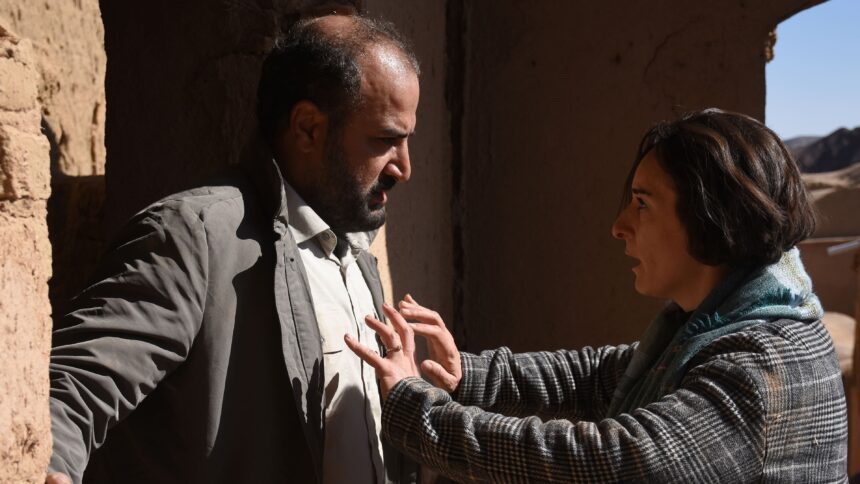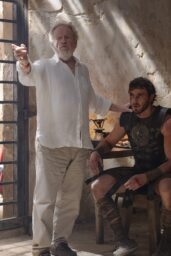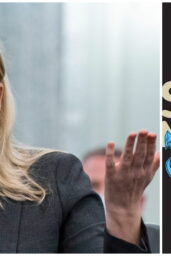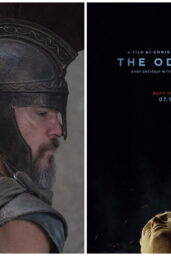As the Oscar race heats up, Germany has made a bold move by submitting Mohammad Rasoulof's The Seed of the Sacred Fig as its official contender for the Best International Feature category. This decision comes with a story as compelling as the film itself.
Rasoulof, a filmmaker of immense talent and courage, found himself in the crosshairs of the Iranian regime, sentenced to eight years in prison and flogging for his commitment to truth-telling through cinema. In a daring escape, he fled to Berlin, where his latest masterpiece was born. The Seed of the Sacred Fig, which screened at Cannes to much acclaim, was funded by German and French producers, making it eligible for submission under the Academy's rules.
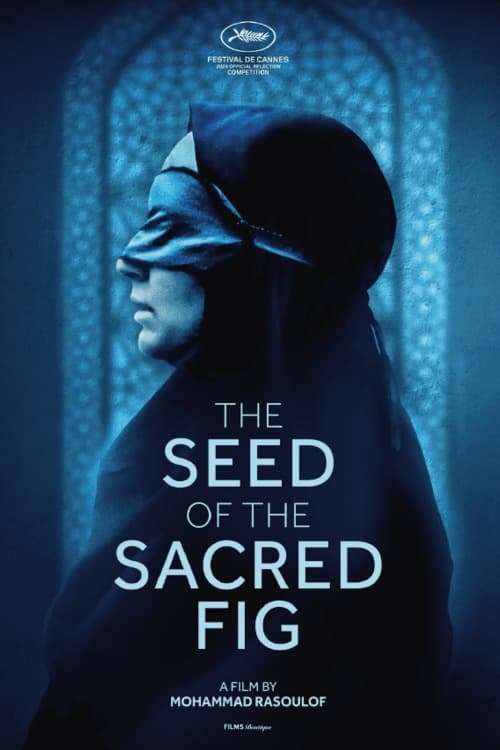
This choice by Germany is not just about a movie; it's a statement. Rasoulof's work, often described as a profound exploration of freedom and oppression, has already garnered significant attention. With the film's U.S. theatrical release set for November 27, via Neon, it's poised to capture the imagination of both critics and audiences.
The Seed of the Sacred Fig is entering an already crowded field. Among the main contenders are Jacques Audiard's Emilia Perez, Magnus von Horn's The Girl With the Needle, and Ryusuke Hamaguchi's Evil Does Not Exist. Each of these films brings a unique flavor to the race, making this one of the most diverse and unpredictable Oscar lineups in years.
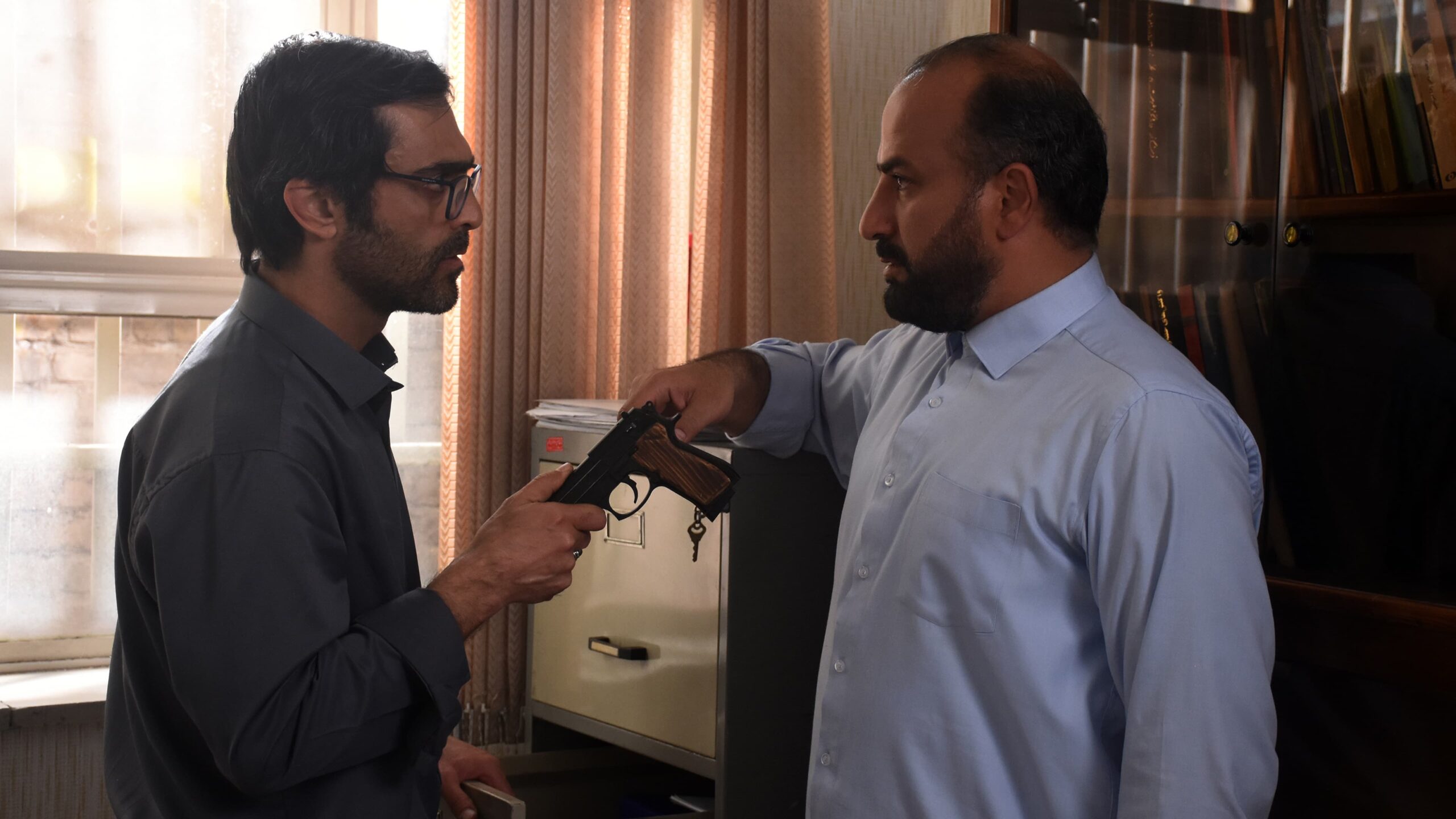
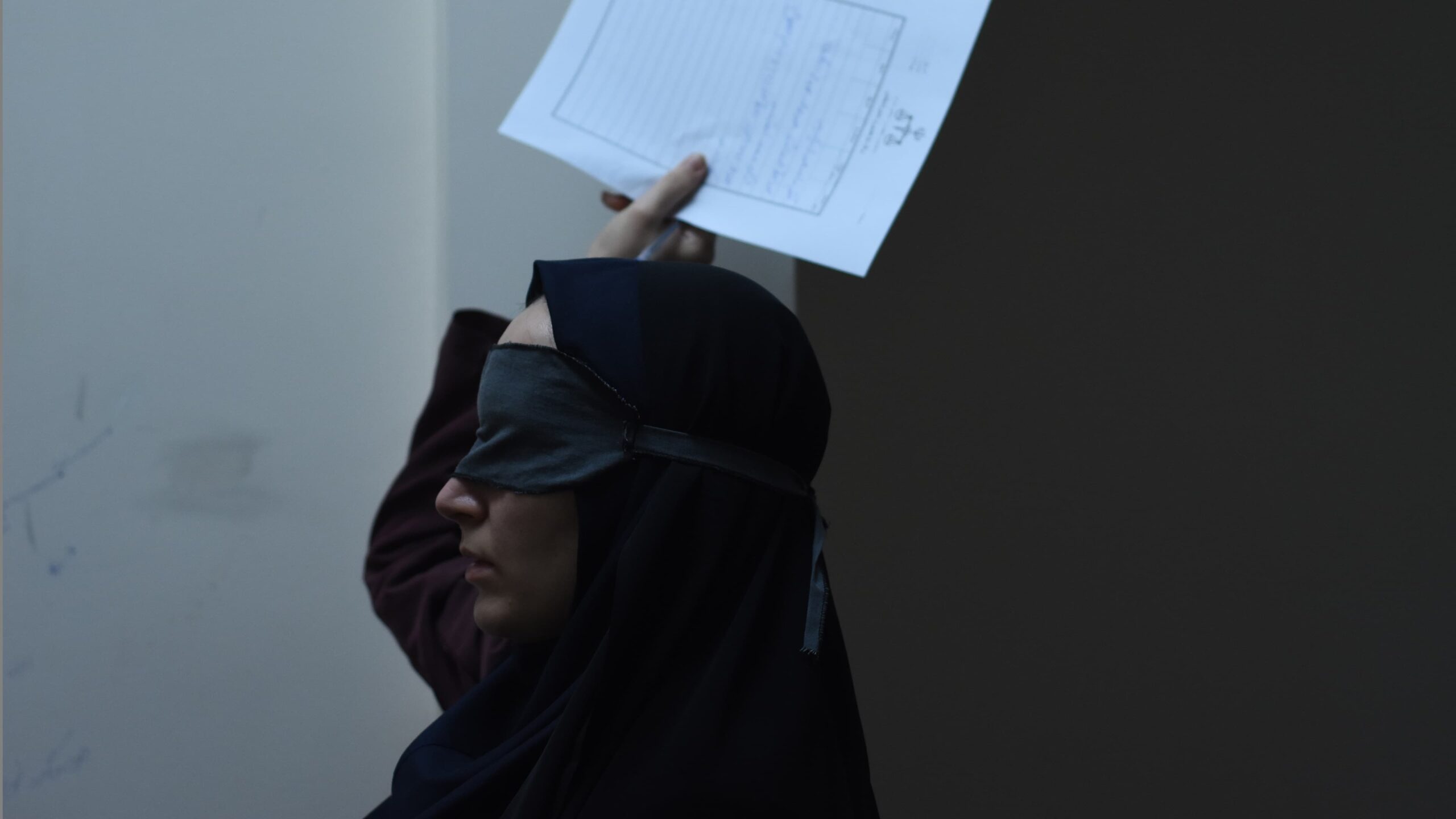
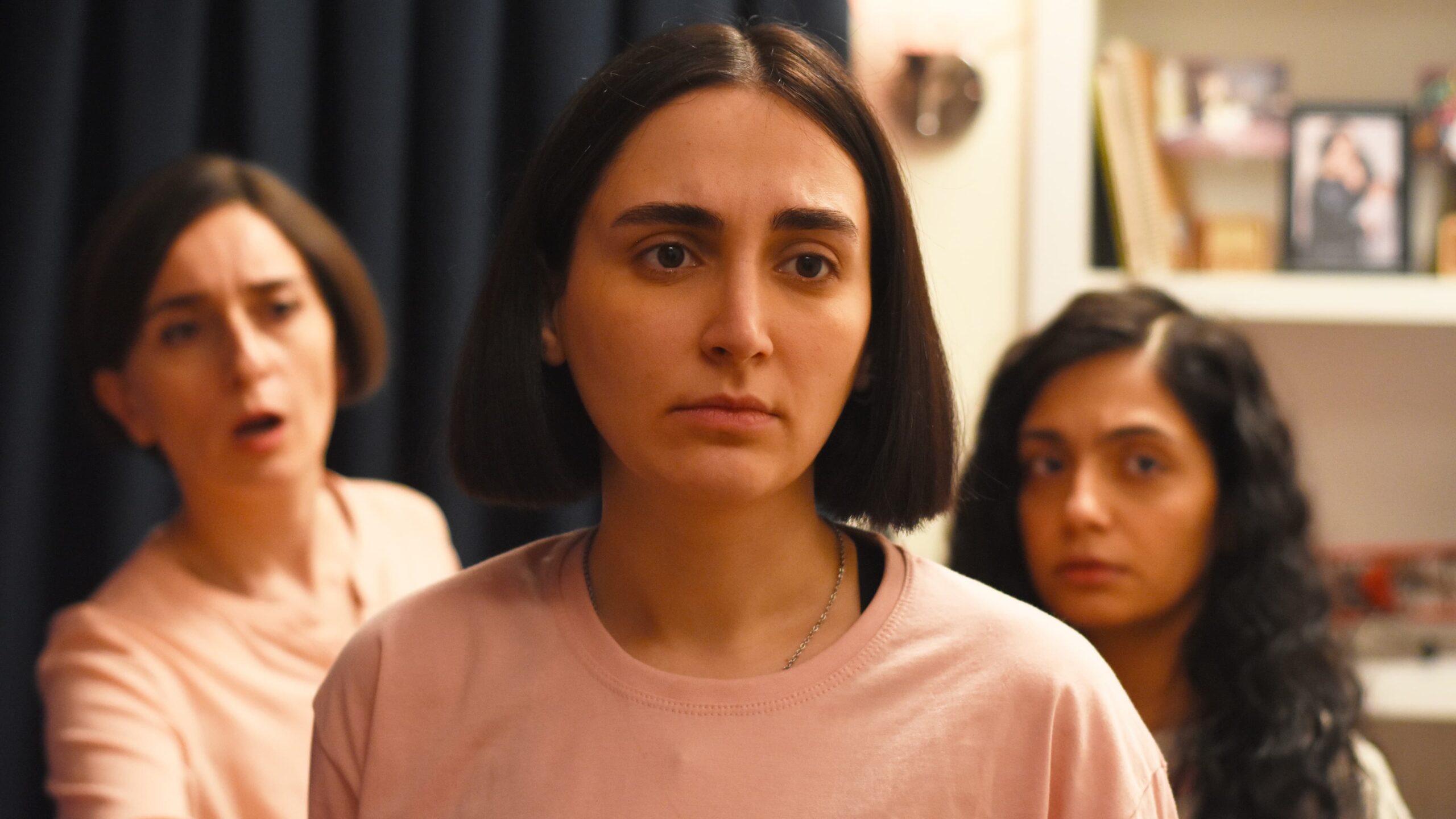
Rasoulof's film, however, has something that sets it apart—a narrative not just on screen but in its very existence. The filmmaker's defiance of a repressive regime and the international support that has allowed his voice to be heard on a global stage make The Seed of the Sacred Fig a symbol of the power of art to transcend borders and challenge authority.
As we look ahead to the Oscars, this film could very well be a dark horse that takes the world by storm, reminding us all of the enduring power of cinema to inspire, provoke, and change the world.

